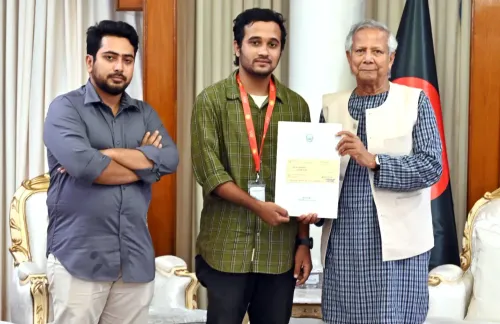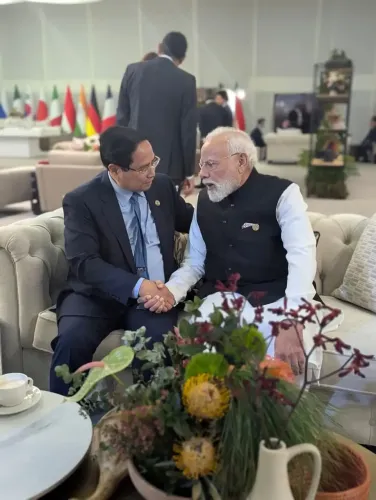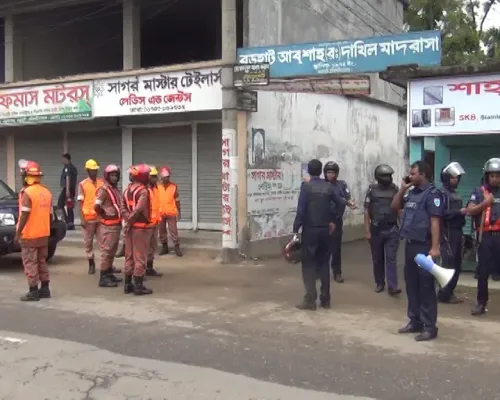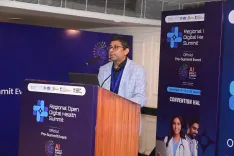How Are South Korea and Japan Strengthening Their Cooperation in Jeju?
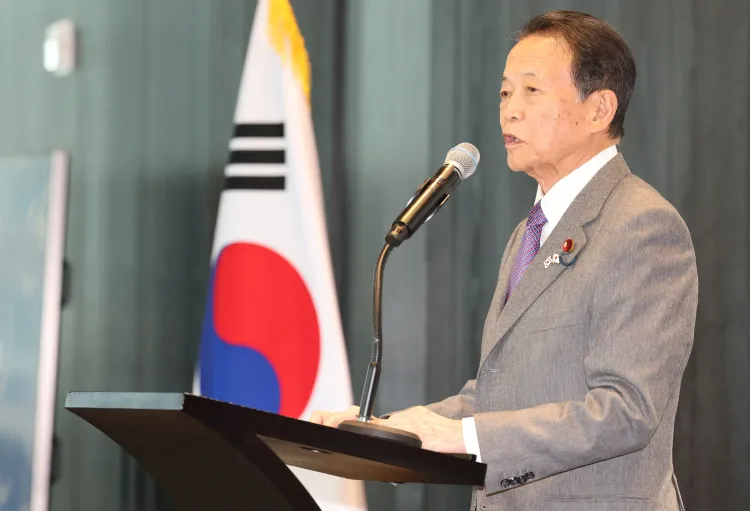
Synopsis
Key Takeaways
- Joint meeting held on Jeju Island to enhance bilateral cooperation.
- 60th anniversary of diplomatic relations between South Korea and Japan.
- Leaders emphasized a future-oriented partnership.
- Ongoing discussions on historical issues are crucial for development.
- Commitment to shuttle diplomacy to maintain momentum.
Seoul, Nov 22 (NationPress) The committees from South Korea and Japan focused on public-private collaboration convened for their annual joint meeting on Jeju Island this past Saturday. This gathering united representatives from both the public and private sectors to explore ways to enhance bilateral cooperation.
The 58th joint assembly of the Korea-Japan Cooperation Committee and the Japan-Korea Cooperation Committee saw notable attendees including Taro Aso, vice president of Japan's ruling Liberal Democratic Party and leader of the Japanese committee; Koichi Mizushima, the Japanese Ambassador to South Korea; Jeju's Governor, Oh Young-hun; former Seoul Foreign Minister Park Jin; and Lee Dae-soon, chairman of the Korea-Japan Cooperation Committee, among others, as reported by Yonhap news agency.
Kim Ki-byung, who heads the Korea-Japan Cooperation Committee board, emphasized the importance of holding the annual meeting in Jeju, referring to the island as a “global tourist destination representing Korea.”
In a congratulatory message, President Lee Jae Myung pointed out that this year marks the 60th anniversary of the normalization of diplomatic relations between Seoul and Tokyo.
“At this significant milestone, Korea-Japan relations have reached a level of maturity and strength unparalleled in the past,”
said Lee in a message delivered by First Vice Foreign Minister Park Yoon-joo, urging the committees to steer both nations towards a “more practical and future-oriented partnership.”
In addition, Japanese Prime Minister Sanae Takaichi sent her own congratulatory note, asserting that the cooperation committees have consistently fueled exchanges across various private-sector domains. She expressed hopes for the committee's ongoing development and further advancement in bilateral relations.
Earlier, on November 1, South Korean President Lee Jae Myung expressed optimism regarding relations with Tokyo after his inaugural summit with Japanese Prime Minister Sanae Takaichi. He remarked that the two nations could foster mutually beneficial ties by addressing their outstanding issues directly.
Lee shared his positive impressions of the meeting during a press conference following the Asia-Pacific Economic Cooperation (APEC) summit in Gyeongju, mentioning that both leaders recognized the necessity to deepen their bilateral cooperation.
“I left the meeting feeling very optimistic,”
Lee stated in response to inquiries from Japanese media about his discussions with Takaichi. “I am no longer concerned.”
He firmly believes that South Korea and Japan can cultivate a mutually advantageous relationship by “addressing pending issues directly” and collaborating “hand-in-hand” towards the future.
The recent election of Takaichi raised alarms that the improved South Korea-Japan relations under her predecessors might regress, given her known hawkish views on historical matters stemming from Japan's colonial rule over Korea from 1910 to 1945.
In response to these concerns, Lee commented that Takaichi's actions as prime minister “will be and should be” distinct from her previous political stance.
“After meeting her in person and engaging in an extensive discussion, I found her to be an exceptional politician who shares similar perspectives,”
Lee remarked.
He proposed holding their next discussions in Takaichi's hometown of Nara, to which the Japanese prime minister reacted positively.
During Thursday's meeting, both leaders agreed to continue reciprocal visits, known as “shuttle diplomacy,” to preserve the momentum of bilateral coordination.

